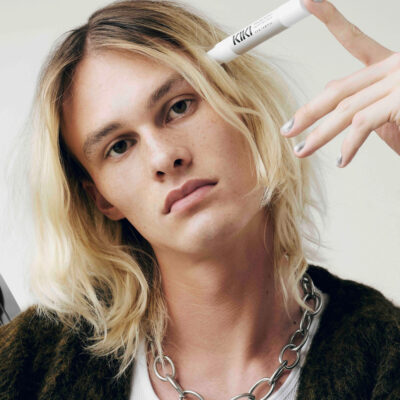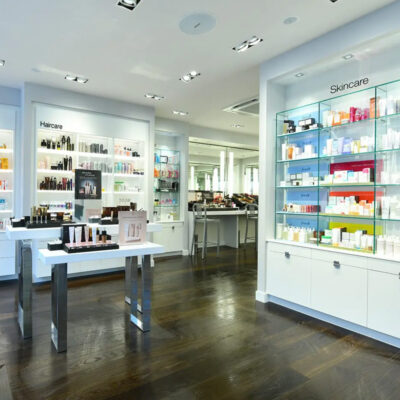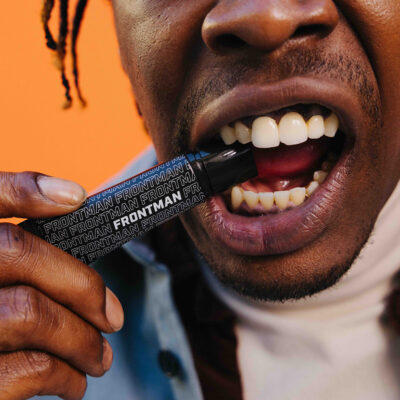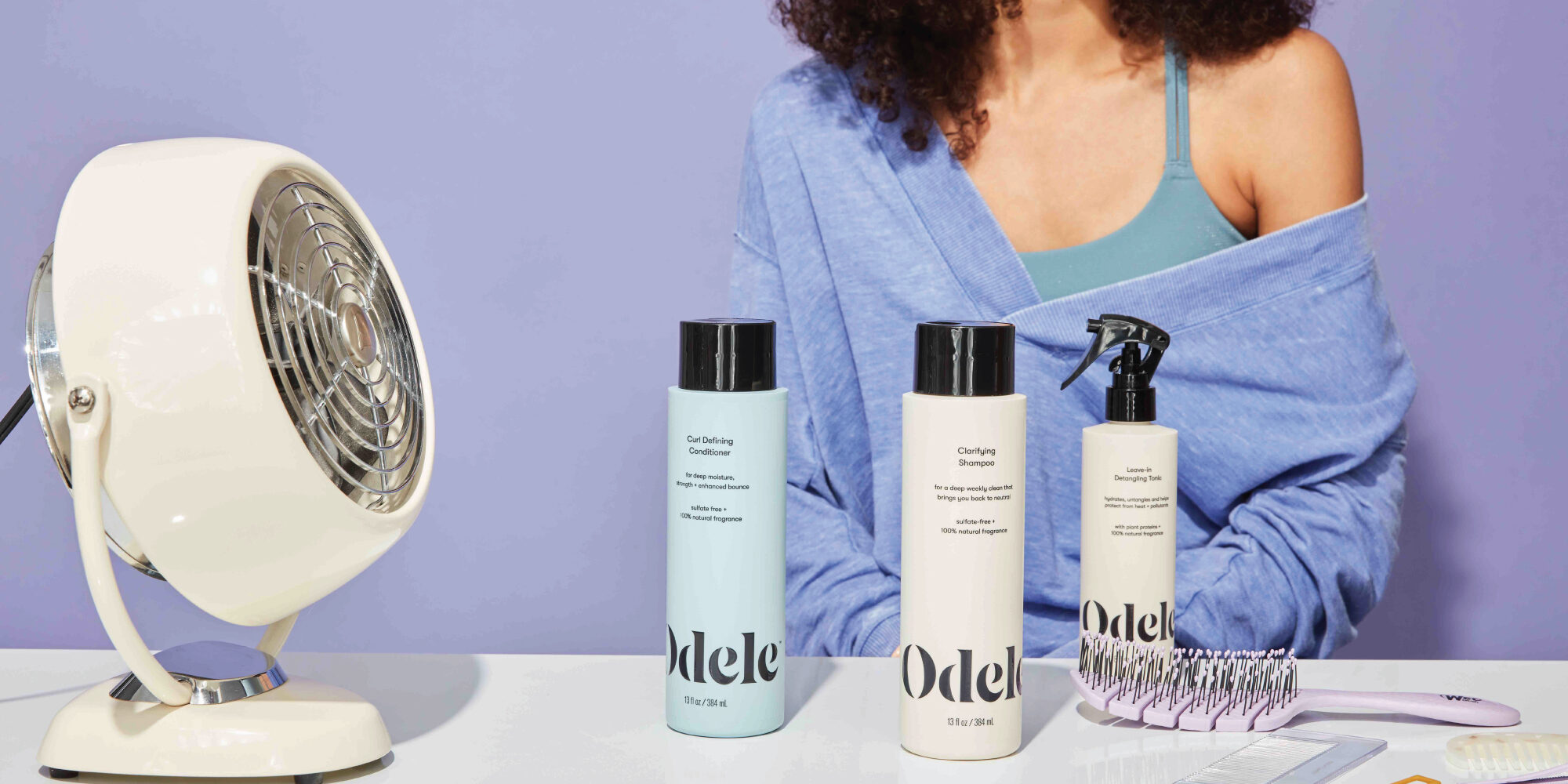
Stride Consumer Partners Takes A Minority Stake In Odele
Stride Consumer Partners has obtained a minority stake in Odele for an undisclosed amount.
The private equity firm is betting that the masstige phenomenon underpinning the success of skincare brands like Naturium and Byoma will have momentum in haircare, where Odele is positioned as a salon-grade clean player in the upper price range for the mass market at Target, CVS and Ulta Beauty. Terms of the deal weren’t disclosed, but Stride shares on its website that it typically invests $10 million to $150 million in companies demonstrating growth. Odele’s sales are up 55% from last year, and it’s on track to surpass $30 million in 2023 sales.
Founded by Britta Chatterjee, Lindsay Holden and Shannon Kearney, who together have experience at Target, Renpure and General Mills, the brand began exploring various funding possibilities, from debt to equity, in February primarily to amplify and diversify marketing efforts as digital advertising has gotten trickier and build its team, not due to cash needs. The brand raised $1 million in friends and family funding to launch in 2020 with nine stockkeeping units priced at $11.99 each. Today, the brand has 12 full-time employees, and it will be boosting its marketing and operations bench.
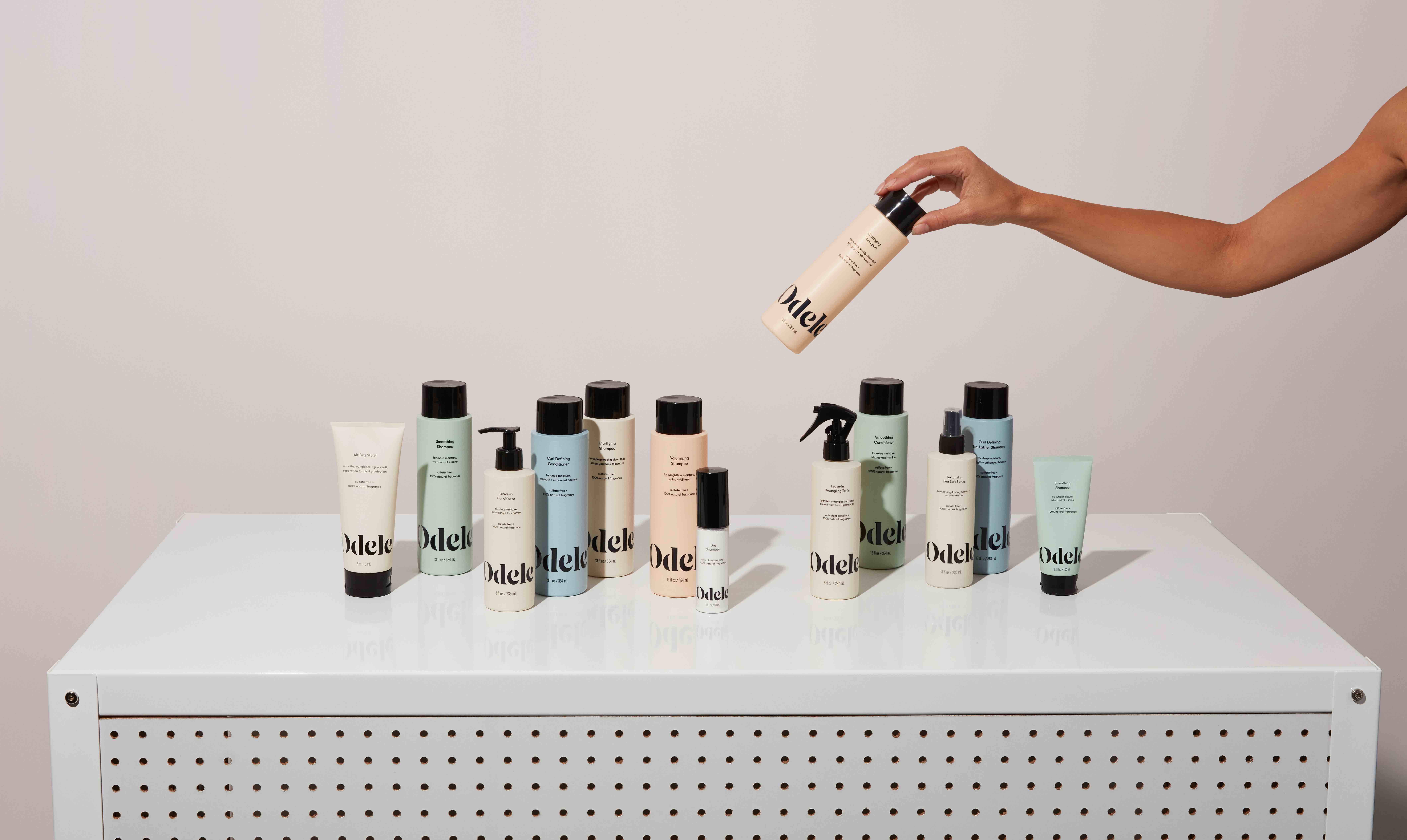
“We needed help and people who could really understand what the potential was,” says Chatterjee. “When we started to look at, OK, these are things we want to invest in, they’re not going to have an immediate return on the business, it’s much scarier to look at debt or bootstrapping. We’ve been operating with a line of credit since our onset, and the bank has been fantastic, and we keep increasing our line of credit, but you don’t really want to rely completely on a line of credit with something that, especially if it has a longer term ROI.”
Premiumization has swept into prestige haircare and given opportunities to the likes of K18, which charges $75 for its Leave-In Molecular Repair Hair Mask. The premiumization is elevating expectations for mass haircare shoppers along with prestige haircare shoppers, and Odele believes Stride’s experience in prestige beauty will assist it in bringing attributes that resonate with prestige shoppers to the mass arena. Stride’s portfolio includes makeup brand Patrick Ta and skincare brand Skinfix. Its partners previously backed skincare brand Tatcha, haircare brand and service provider Drybar, and skincare brand First Aid Beauty.
For this year through September, market research firm Circana estimates mass haircare sales increased 7% on a dollar basis, but fell 2% on a unit basis. In mass-market haircare aisles that remain dominated by legacy staples, Nicole Fourgoux, operating partner at Stride, suggests that emerging brands such as Odele have room to pull consumers searching for different options and willing to trade up.
“You don’t need to spend an arm and a leg to get great quality. Performance can and should be available at a diversity of price points.”
“Mass has offered clean products for a while, but not at the performance we have seen in professional and prestige. In many instances, it was a matter of sourcing, raw materials and price points,” she says. “The Odele team cracked the code and has delivered performance that competes with prestige brands at affordable price points.”
Holden adds, “People are just getting more and more trained on the fact that you don’t need to spend an arm and a leg to get great quality. Performance can and should be available at a diversity of price points.” Chatterjee chimes in, “I don’t think that we can forget that $11.99 to a lot of people is still a lot of money. So, you better deliver, and I would say exponentially over what you might be sitting right next to on the shelf because that $6 spread is a big investment for a lot of people. It’s why we actually benchmark our products against prestige products that cost $20, $30, $40 so that, in blind studies, we can perform the same, if not better.”
Currently, Odele has 25 SKUs addressing an array of hair textures and functions, specifically volumizing, smoothing and curl defining. Volumizing Shampoo, Volumizing Conditioner, Air Dry Styler and Hair Oil are among its bestsellers. This year, Odele launched Purple Shampoo, Purple Conditioner, Flex Hair Gel and Hair Oil. In 2024, it expects to release around five products. Scalp care is an area of interest for forthcoming products, and Fourgoux mentions body care as an underdeveloped category for the brand. It unveiled four body washes in 2021 that are sold on its site, but haven’t yet rolled out to stores.
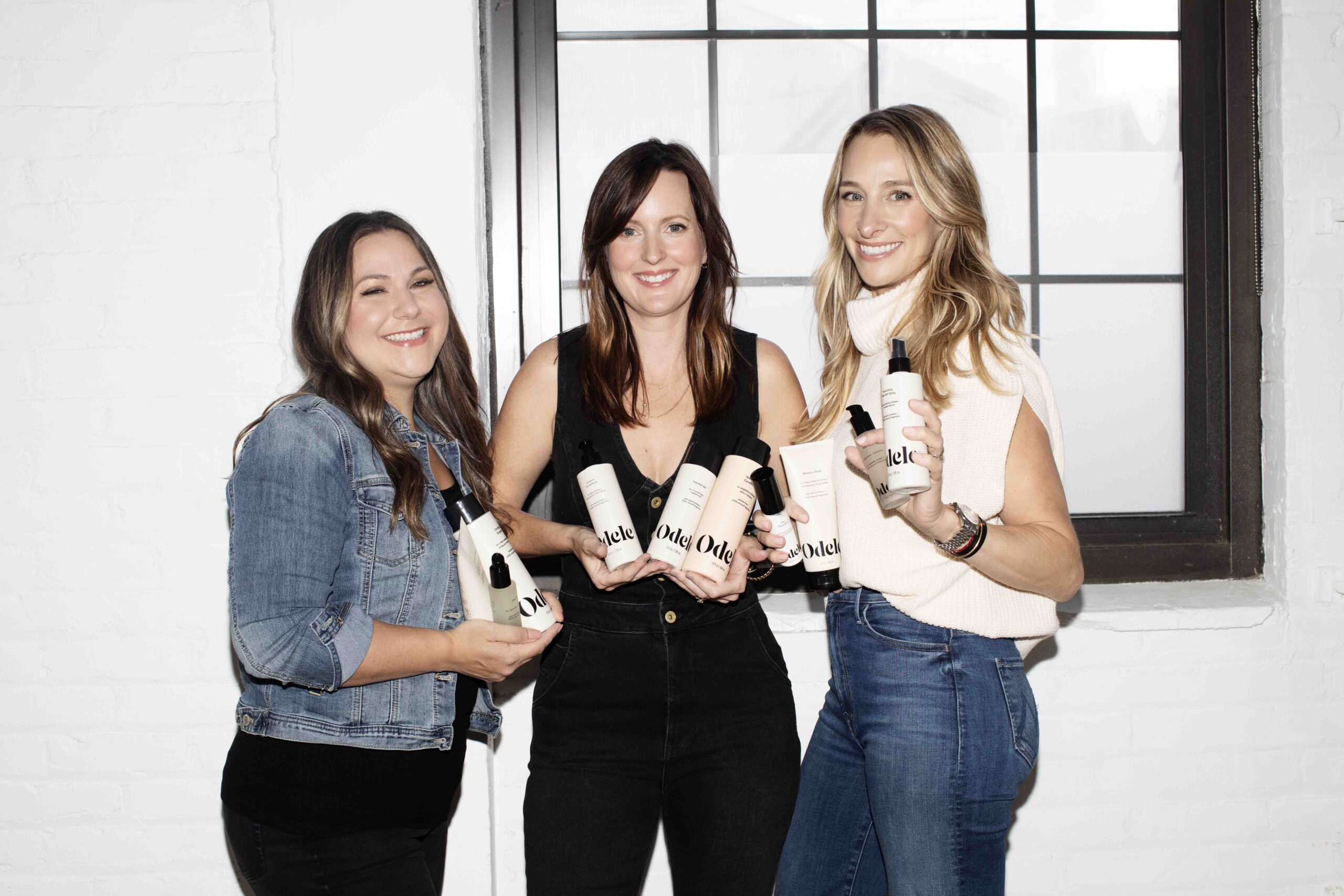
Odele’s retail partners are responsible for 90% of its business and fueling greater sales in them is its most pressing goal. While there are no major distribution changes slated for 2024, expanding across the universe of mass-market retailers as they try to freshen up their haircare selections is in the brand’s plans. Chatterjee mentions that Odele’s core customers are millennials, and that the brand over-indexes with gen Z. On a psychographic level, it draws environmentally conscious consumers attracted to design and efficacious, simple beauty routines. Its packaging contains over 50% post-consumer recycled content.
To date, Odele’s principal marketing levers have been word of mouth and earned media. Going forward, it anticipates pushing into out-of-home advertising, augmenting search marketing and striking partnerships that could be impactful in nurturing its community.
“What the funding is going to do is accelerate how we’re testing and learning,” says Chatterjee. “We never want to get to a place where our marketing budget is something that is unsustainable. The thing we kept running into is you can’t meaningfully test without an adequate budget. So, let’s say you’re trying to run a split market test in media. You can’t figure out anything if you’re not spending. I mean $50,000 in media, you have a hard time even learning from that. So, that’s how we’re taking this capital infusion.”


